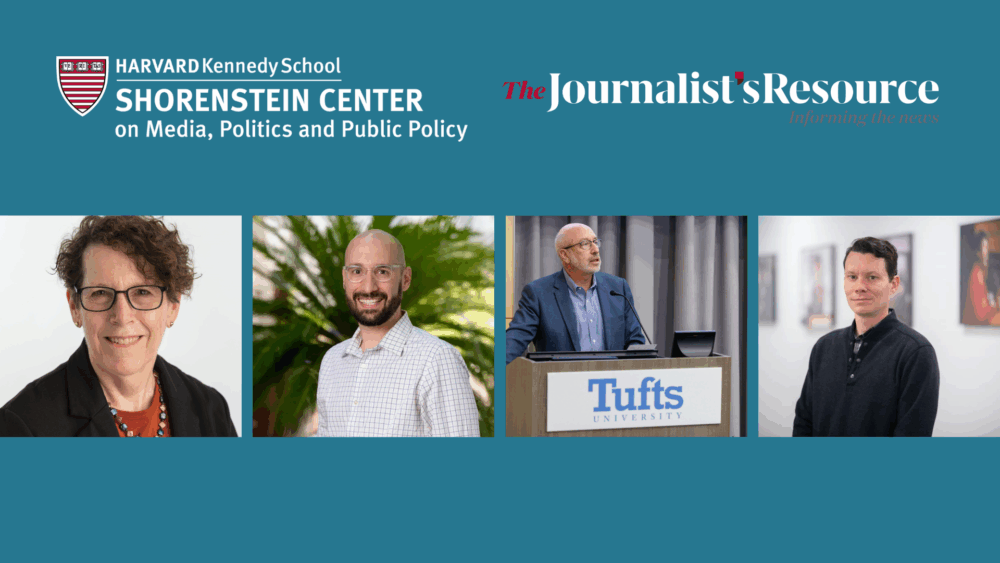
Commentary
Rethinking Public Media, Together
Reports & Papers
A paper by Jeff Madrick, spring 2001 fellow, argues that the media, entranced with the economic idea of “the new economy” in the 1990s, missed other important trends detrimental to the economy overall. The broad faith in a new economy ultimately did a great deal of damage, states Madrick: It encouraged investors to pay prices for securities that could not possibly be sustained and resulted in serious losses for individuals. Hundreds of billions of dollars were invested in new ventures that did not bear fruit. Meanwhile, economists wrung their hands in worry over the low level of savings in America. Most damaging, the nation was convinced by the enthusiastic rhetoric that it had solved its central economic problems. While striking financial progress was made in the last five years of the decade, as wages for all income groups rose strongly, the performance was neither strong enough nor lasted long enough to compensate for the erosion of the previous two decades. The evidence presented in this paper shows that while the media correctly and often insightfully reported on a variety of important changes in the economy, the tendency to exaggerate their impact grew intense – and even included half-truths and inaccurate history.

Commentary

Explainers, Podcasts, Videos

Videos